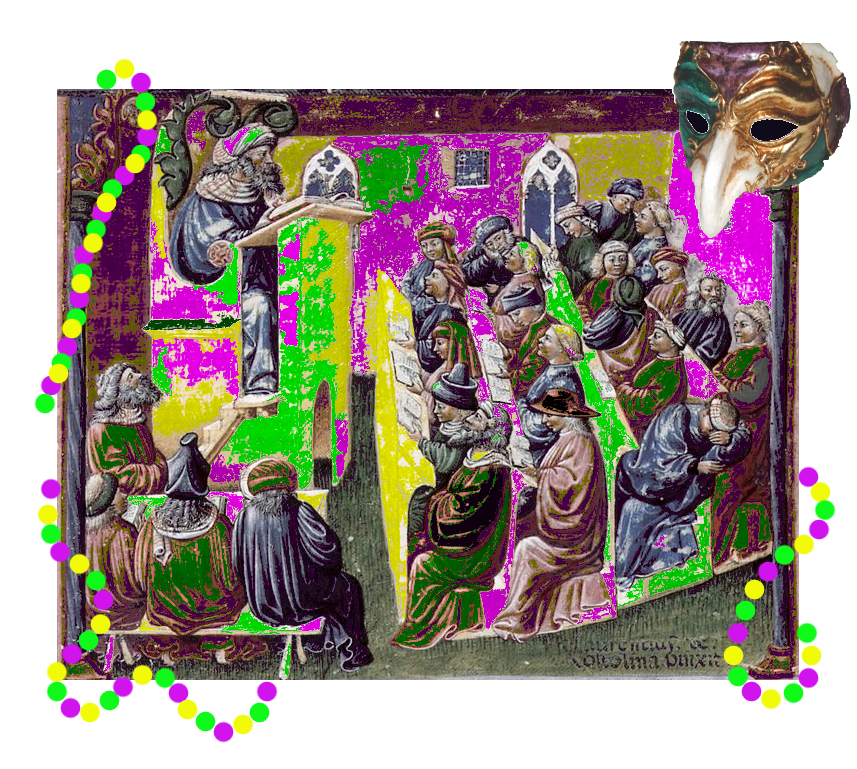
This paper explores how best to reconcile intuitive claims about the significance of consciousness with a broadly materialist conception of the metaphysics of consciousness.
12:00 – 1:30 David Pitt (CSULA): Unconscious IntentionalityI consider a number of different ways a believer in conceptual phenomenology might accommodate the apparent existence of unconscious conceptual states (thoughts, beliefs, etc.), and attempt to come to a conclusion about which one is best.
According to the phenomenal intentionality theory (PIT), intentionality is a matter of phenomenal consciousness. The main alternative to PIT is the tracking theory, on which intentionality is a tracking relation. One perceived advantage of the tracking theory over PIT is that it is naturalistic. In this talk, we argue that considerations of naturalism do not in fact favor the tracking theory over PIT. We consider two kinds of naturalism, ontological naturalism and methodological naturalism. We argue that considerations of ontological naturalism do not in fact favor the tracking theory over PIT, and that considerations of methodological naturalism may support PIT over the tracking theory.
Holists about perceptual experiences have it that there are whole experiences, that they have parts, and that, to use the familiar slogans, the whole is more than the sum of the parts—meaning, I take it, that the whole cannot be reduced to the succession of its parts. I outline some of the difficulties encountered in trying to properly formulate a view of this sort and in arguing for it.
12:45 – 2:15 Carla Merino-Rajme (NYU): The Experience of DurationHow do we experience the duration of an event? What is it to experience today’s jog as lasting twice as long as yesterday’s? Why does time seem to fly during a fun party but to slow down during a boring one? How could events that are experienced as happening right now, like this glass falling off the table or you stepping into that puddle, also be experienced as part of longer-lived events such as whole parties or jogs? In this talk, I will put forward and elaborate an account of the experience of duration that aims at answering these and related questions.
3:15 – 4:45 Geoffrey Lee (UC Berkeley): Synchronic Bertha and the Internality of Phenomenal SamenessDo experiences have phenomenal properties? I'll argue that the notion of a phenomenal property is theoretically loaded, and that it isn't inevitable that anything actually plays the relevant theoretical role. For there to be phenomenal properties, relations of phenomenal similarity between experiences have to be internal, inter-personally well-defined relations that relate in the right way to certain epistemic/functional facts about our discriminatory capacities. For physicalism to be true, phenomenal properties and their relations have to be grounded in physical/functional properties of sensory channels. I'll discuss some puzzles that arise when we try to establish the existence of properties meeting these constraints.
5:00 – 6:30 Robert Howell (SMU): Extended Virtues, Overlapping PersonsIt has traditionally been assumed that the dispositions which ground an individual's virtues must be located within the individual's skin. I argue against this assumption, claiming that extended virtues (and thus extended persons) make better sense of our trait attributions.
Sponsored by the Murphy Institute and the Tulane Philosophy Department
Open to all faculty, Murphy fellows, and graduate students, but space is limited
For questions please contact Jonathan Simon, jsimon12@tulane.edu